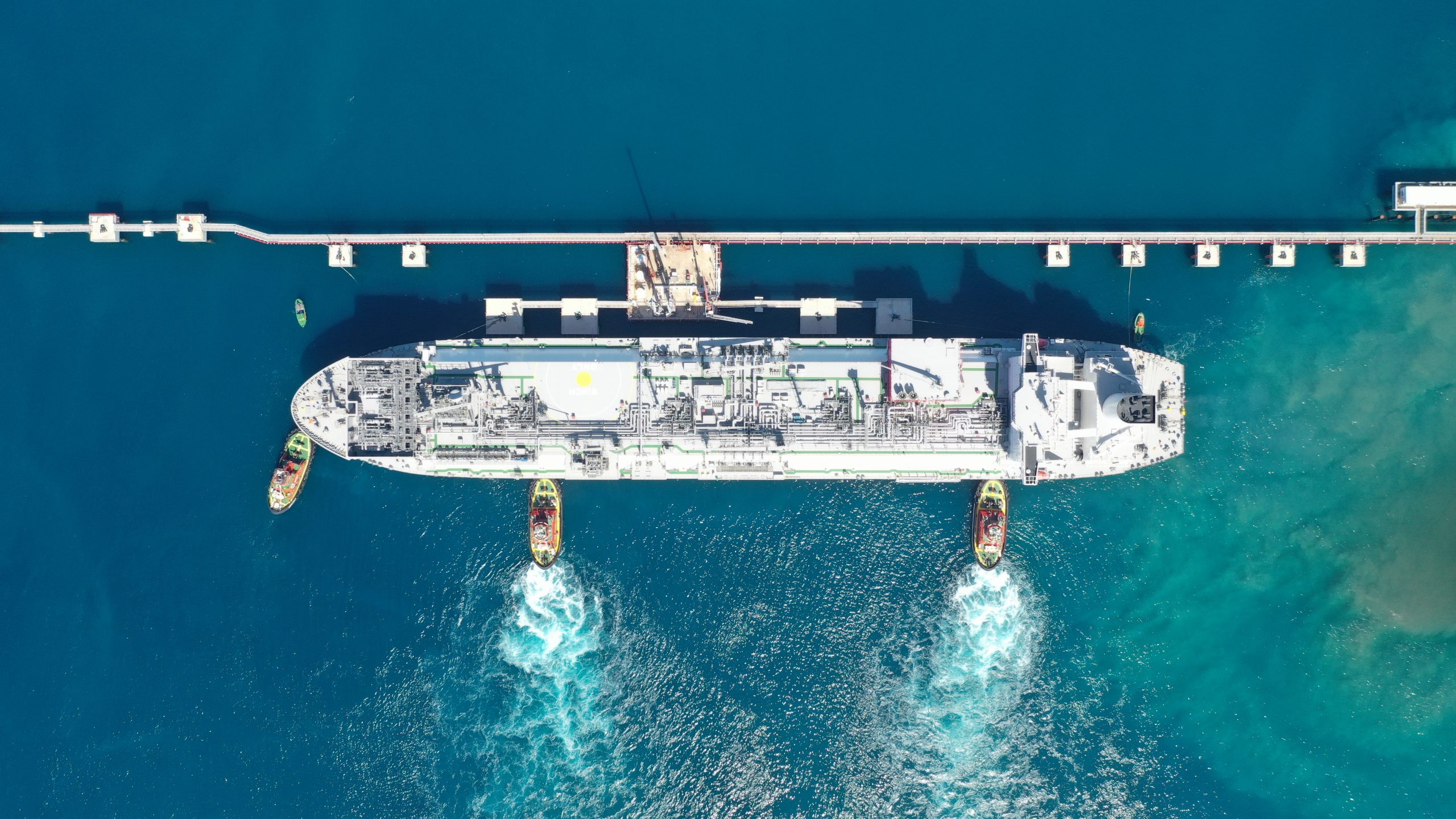Turkey’s Instagram spat shows the limits of global content governance
The writer is a senior policy fellow at Carnegie Europe in Brussels and the director of the Istanbul-based EDAM think-tank
On August 2, a few days after unveiling an ambitious incentive programme to boost the country’s digital transformation, the Turkish government suspended access to Instagram. The platform, which is used by many SMEs as their main digital sales channel, remained inaccessible until last Saturday when, after negotiations with the Meta leadership, access was re-established.
As the rationale for its heavy-handed intervention, Ankara claimed that Instagram was censoring pro-Hamas content, particularly eulogies to Ismail Haniyeh, the slain leader of the Palestinian Islamist group. On the surface, this is a clear-cut case. The country’s Constitutional Court has previous jurisprudence confirming that these types of wholesale restrictive measures are not only disproportional but also constitute a violation of fundamental rights. Indeed, it is difficult to see how the hindering of pro-Hamas messaging by Instagram is so inimical to the interests of the Turkish state as to warrant a total disruption of access to the platform. This legal backdrop is undoubtedly one of the major reasons for the ultimately transient nature of the access restrictions.
Yet the case merits further consideration. The lifting of the access restriction leaves the core of the dispute between the Turkish government and the platform untouched. This turns on divergent interpretations of the nature of Hamas. Many western countries view it as a terrorist entity, and Instagram’s content policies are also shaped by this interpretation. They are compelled to take measures to remove content that is categorised as the promotion of terrorism. A failure to act could, in theory, expose them to liabilities in western courts.
But other, non-western nations take a different view. For instance, Turkish President Recep Tayyip Erdoğan considers Hamas to be a liberation movement. From that vantage point, what the platform is doing amounts to censorship.
For many nations in the so-called global south, not just Turkey, the platforms’ content governance policies are shaped by a distinctively western worldview. As such, they remain insensitive to non-western political norms. The difficulties faced by the platform companies that can be exposed to the threat of government action in very different polities and jurisdictions are obvious.
An apparently simple solution to this would be to establish an international regime that lays down some fundamental principles of platform regulation. Just like other areas of the international public commons, the global information ecosystem should be regulated. The aim of the regulation would be to delineate the globally acceptable frontiers for the freedom of speech online. Such an outcome would then pave the way to predictable policies for the platforms’ content governance efforts.
But global politics are sure to undermine any such universal initiative. At best, similarly minded countries can settle on agreed digital norms, as illustrated by the EU’s Digital Markets Act.
The more realistic alternative, therefore, is for the platforms to review their policies with a view to increasing not only their transparency and accountability, but also their representativeness. They should be able to demonstrate that they are making a true effort to enhance the diversity of viewpoints.
This would not solve all the current dilemmas, but it would at least allow them to stand on firmer ground as they seek to protect the integrity of their platforms and the global right to access information.


